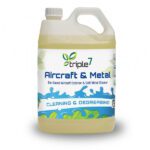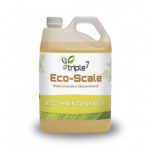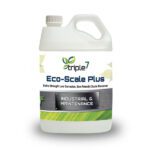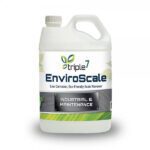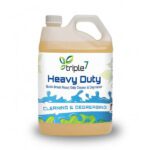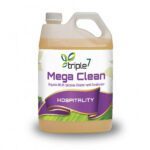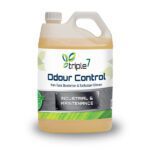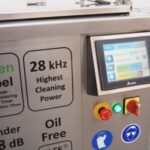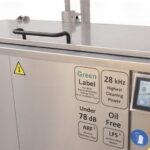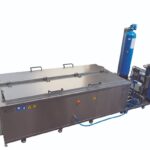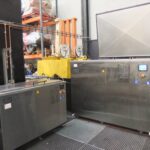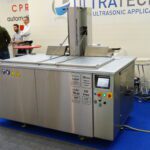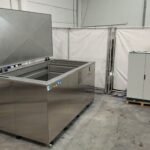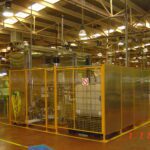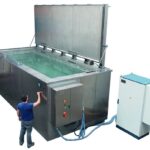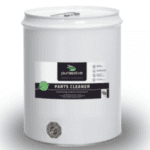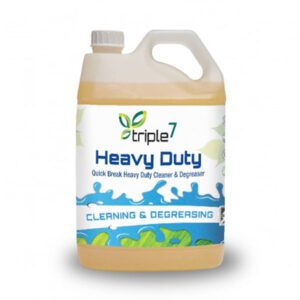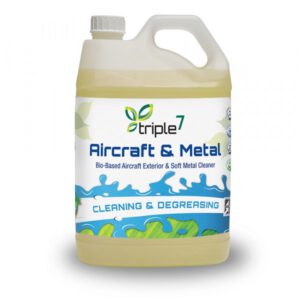Enhancing Efficiency and Sustainability: Transitioning to Water-Soluble Bio-Based Flash Rust Protection in an Automotive Parts Foundry
Case Study-8
- Home
- Case Studies
- Enhancing Efficiency and Sustainability: Transitioning to Water-Soluble Bio-Based Flash Rust Protection in an Automotive Parts Foundry
Enhancing Efficiency and Sustainability: Transitioning to Water-Soluble Bio-Based Flash Rust Protection in an Automotive Parts Foundry
Introduction:
In a foundry located in Chennai and specializing in the production of automotive parts such as transmission housings, brake components, suspension components, cylinder heads, and engine blocks, the use of oil-based rust inhibitors posed several challenges. The conventional rust protection method required significant resources, including expensive oil-based products, labor-intensive cleaning processes, and generated environmental waste. This case study examines how the implementation of a water-soluble bio-based dry rust protection cleaner, Triple 7 Aircraft & Metal Cleaner, transformed the foundry’s operations, reducing costs, minimizing environmental impact, saving on labor expenses, and improving the aesthetics of the shop floor area. The efforts for cleanliness is supplemented with efforts on processes to prevent flash rust on low carbon steel immediately after washing
Challenges with Oil-Based Rust Inhibitors
- To prevent corrosion of metals,
- Prevent flash rust formation and
- To protect automotive parts during storage and transportation.
However, this approach had several drawbacks, when trying to economically deal with carbon steel rust prevention.
- The oil-based inhibitors required thorough washing before the parts could be further processed, resulting in increased labor costs and time-consuming cleaning procedures.
- The oil residues left behind on the parts created an unsightly appearance, compromising the cleanliness and aesthetics of the shop floor area.
- The labeling of the parts like engine blocks, suspension components, transmission housing, brake parts etc were a challenge due to the oil coating. Large Plastic bags had to be used to mark, store and transport the components leading to additional costs and work expenditure.
- The disposal of oil-based rust inhibitors raised environmental concerns, as they contained hazardous substances and generated waste that required proper handling and disposal.
Flash Rust Protection and Transition to Triple 7 Aircraft & Metal Cleaner:
In an effort to overcome the limitations of oil-based rust inhibitors, the foundry sought a more sustainable and cost-effective solution. After extensive research and testing, they decided to implement Triple 7 Aircraft & Metal Cleaner, a water-soluble bio-based dry rust protection cleaner. This innovative cleaner, derived from natural ingredients, offered a range of benefits, including superior flash rust protection, reduced environmental impact, long term corrosion inhibition and improved operational efficiency.
Benefits and Impact- The carbon steel rust prevention:
The transition to Triple 7 Aircraft & Metal Cleaner brought about numerous advantages for the automotive parts foundry, positively impacting various aspects of their operations. Being an Anti flash rusting degreaser, Aircraft and Metal Cleaner is also environmentally sensitive and easy to dispose off. It leaves dry impregnated colorless coating to prevent rut on steel and other soft metals.
- Cost Savings: By replacing oil-based rust inhibitors with Triple 7, the foundry significantly reduced costs associated with cleaning processes. The water-soluble nature of the cleaner eliminated the need for extensive washing, saving both water and labor expenses. Moreover, the long-lasting rust protection provided by Triple 7 minimized the risk of part rework or rejection due to corrosion, further reducing overall costs.
- Environmental Impact: Triple 7 Aircraft & Metal Cleaner offered a sustainable alternative to oil-based rust inhibitors, significantly reducing the foundry’s environmental footprint. The bio-based formulation ensured the cleaner’s biodegradability, minimizing soil and water contamination. Additionally, the elimination of oil-based products reduced the generation of hazardous waste, easing the burden of disposal and promoting eco-friendly practices.
- Labor Efficiency: The water-soluble properties of Triple 7 simplified the cleaning process for automotive parts. The cleaner’s dry rust protection formulation eliminated the need for extensive washing and subsequent drying, reducing labor-intensive activities. This streamlined approach not only saved time but also allowed the workforce to allocate their skills and efforts to more value-added tasks, increasing overall productivity.
- Improved Aesthetics: One notable benefit of implementing Triple 7 was the improvement in the aesthetics of the shop floor area. The absence of oil residues on the parts resulted in a cleaner and more visually appealing work environment. This not only enhanced the professional image of the foundry but also improved employee morale and satisfaction.
Conclusion:
The adoption of Triple 7 Aircraft & Metal Cleaner revolutionized the rust protection processes in the automotive parts foundry. By replacing oil-based rust inhibitors, the foundry experienced cost savings, reduced environmental impact, labor efficiency, and improved shop floor aesthetics. The water-soluble, bio-based nature of Triple 7 provided long-lasting rust protection on carbon steel, eliminating the need for extensive washing and reducing the risk of part rework due to corrosion. As a result, the foundry not only improved its operational efficiency but also demonstrated its commitment to sustainability, setting an example for the broader automotive industry.

